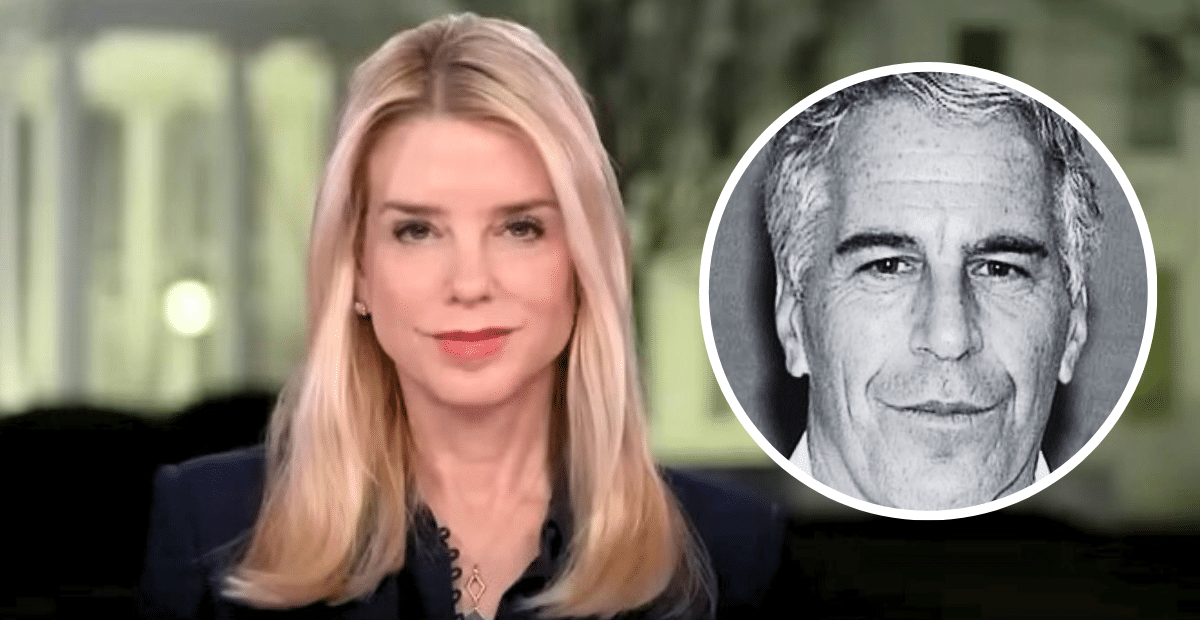FTC Appeals Activision Blizzard Acquisition: What's Next For Microsoft?

Table of Contents
The FTC's Case Against the Acquisition
The FTC's core argument against the Microsoft-Activision Blizzard merger centers on concerns about stifled competition and the creation of a dominant market player. They argue that the acquisition would give Microsoft an unfair advantage, potentially harming consumers and competitors alike.
-
Anti-competitive practices: The FTC fears the merger will allow Microsoft to leverage its control over popular Activision Blizzard titles, such as Call of Duty, World of Warcraft, and Candy Crush, to exclude competitors from the market or severely disadvantage them. This is particularly concerning in the rapidly growing cloud gaming sector.
-
Market power: By acquiring Activision Blizzard, Microsoft would gain control over a massive library of iconic games and franchises. The FTC argues this concentrated power could lead to higher prices, reduced innovation, and less choice for gamers.
-
Exclusionary practices: The FTC's case includes allegations that Microsoft could use its control over Activision Blizzard's titles to exclude rival gaming platforms or services, preventing consumers from accessing these games unless they use Microsoft's ecosystem.
-
Evidence presented by the FTC: The FTC’s evidence includes internal Microsoft documents and expert testimony suggesting a deliberate strategy to limit competition. Specific examples cited vary, but the central theme is Microsoft's ability to leverage its post-acquisition power to harm rivals.
-
Analysis of the FTC's arguments: While Microsoft disputes the FTC's claims, the arguments raise legitimate concerns about potential anti-competitive behavior. The credibility of the FTC's evidence will be a key factor in the appeal process. Counter-arguments often focus on the competitive nature of the gaming market and Microsoft's commitments to licensing agreements.
Microsoft's Response and Defense Strategies
Microsoft has vigorously defended the acquisition, arguing that it will benefit consumers and enhance competition. Their counterarguments focus on several key points:
-
Commitments and concessions: To address the FTC's concerns, Microsoft has offered various concessions, including long-term licensing agreements to ensure that Call of Duty and other Activision Blizzard titles remain available on competing platforms.
-
Arguments about market dynamics: Microsoft contends that the gaming market is highly competitive, with multiple major players, and that the acquisition will not lead to market dominance. They point to the existence of Sony, Nintendo, and other significant competitors.
-
Legal strategy: Microsoft has assembled a formidable legal team to fight the FTC's appeal, employing experienced antitrust lawyers to navigate the complexities of the case. Their strategy involves presenting counter-evidence and challenging the FTC's interpretation of the market.
-
Public relations campaign: Microsoft has launched a significant public relations campaign to shape public opinion, emphasizing the benefits of the acquisition for gamers and the broader gaming industry. This includes press releases, blog posts, and outreach to industry stakeholders.
Potential Outcomes and Implications
The FTC's appeal process involves multiple stages, with potential outcomes ranging from a complete victory for the FTC (blocking the merger), a win for Microsoft (allowing the merger), or a negotiated settlement.
-
The appeal process: The appeal will likely involve extensive legal briefs, discovery, and potentially a trial before an administrative law judge. The process is lengthy and complex.
-
Possible outcomes: If the FTC prevails, the acquisition will be blocked. A victory for Microsoft would allow the merger to proceed. A negotiated settlement could involve Microsoft making further concessions to satisfy the FTC's concerns.
-
Impact on the gaming industry: Regardless of the outcome, the FTC Activision Blizzard acquisition case will have a lasting impact on the gaming industry. Future mergers and acquisitions will be scrutinized more closely, and regulatory oversight is likely to intensify.
-
Impact on Microsoft's stock: The uncertainty surrounding the appeal has already affected Microsoft's stock price. A favorable ruling will likely boost investor confidence, while an unfavorable outcome could lead to a decline.
-
Impact on Activision Blizzard employees and shareholders: The uncertainty surrounding the acquisition creates significant anxiety for Activision Blizzard employees and shareholders. A failed merger could lead to job losses and a decrease in shareholder value.
The Role of Other Regulatory Bodies
The FTC's appeal is not the only regulatory hurdle Microsoft faces. Other jurisdictions, such as the European Union (EU), have also reviewed the acquisition.
-
EU approval: The EU has already approved the merger, highlighting the differing approaches regulatory bodies take to antitrust issues. This divergence underscores the complexities of international merger approvals.
-
Global implications: The outcome of the FTC appeal could set a precedent for future merger reviews globally, potentially influencing regulatory approaches to large-scale acquisitions in the technology sector.
What's Next for the Gaming Industry?
The FTC Activision Blizzard acquisition case will undoubtedly shape the future of the gaming industry.
-
Consolidation in the gaming market: The outcome could influence the pace of consolidation in the gaming market, potentially leading to more or fewer mergers and acquisitions depending on the precedent set.
-
Innovation and competition: While concerns exist about reduced competition, the case could also spur innovation as companies seek alternative strategies to remain competitive.
-
Consumer impact: The ultimate impact on gaming consumers remains uncertain. Prices, access to games, and game availability could be affected depending on the outcome. The long-term impact on game subscriptions will also be closely watched.
Conclusion
The FTC's appeal of the Microsoft-Activision Blizzard acquisition marks a pivotal moment for the gaming industry. The outcome will have far-reaching consequences, affecting not only Microsoft but also its competitors, regulatory frameworks, and gamers worldwide. While the future remains uncertain, close monitoring of the legal proceedings is crucial. Staying informed about the FTC Activision Blizzard acquisition will help you understand the evolving landscape of the gaming industry and its potential impact. Keep up-to-date on the latest developments regarding the FTC Activision Blizzard acquisition to fully grasp its implications for the future of gaming and the broader tech industry.

Featured Posts
-
 Strictly Scandal Leads To Wynne Evanss Go Compare Advert Departure
May 10, 2025
Strictly Scandal Leads To Wynne Evanss Go Compare Advert Departure
May 10, 2025 -
 Beyond Epstein Examining The Us Attorney Generals Frequent Fox News Appearances
May 10, 2025
Beyond Epstein Examining The Us Attorney Generals Frequent Fox News Appearances
May 10, 2025 -
 The 10 Best Film Noir Movies For A Perfect Watch
May 10, 2025
The 10 Best Film Noir Movies For A Perfect Watch
May 10, 2025 -
 Tragic End For Americas First Nonbinary Person A Deep Dive Into The Circumstances
May 10, 2025
Tragic End For Americas First Nonbinary Person A Deep Dive Into The Circumstances
May 10, 2025 -
 Is Palantir Stock A Buy Before May 5th Unanimous Wall Street Prediction
May 10, 2025
Is Palantir Stock A Buy Before May 5th Unanimous Wall Street Prediction
May 10, 2025
